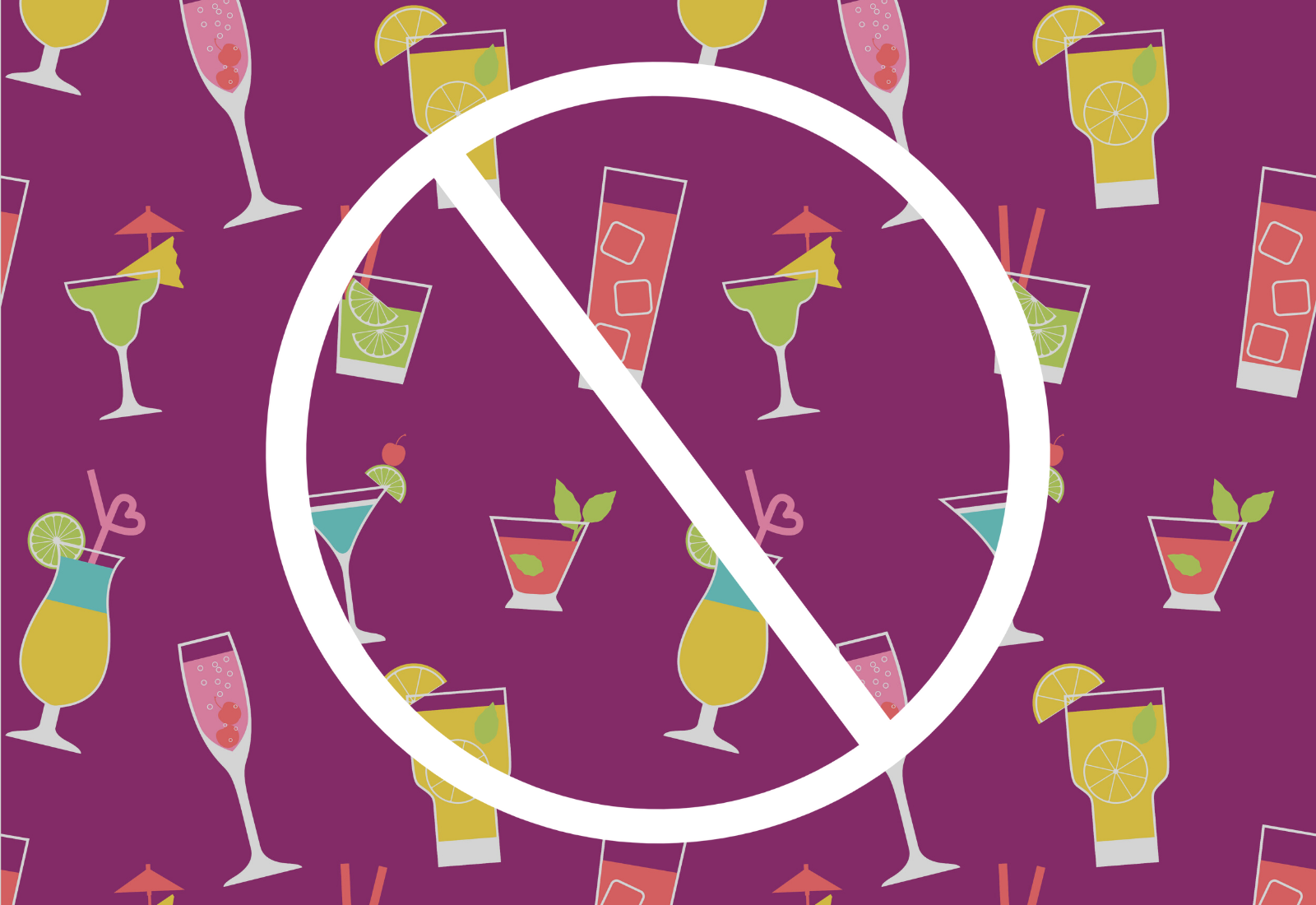
20 Nov Trademark Litigation: Happi Hour is Over

We’ve seen a steady stream of trademark litigation in the cannabis space for quite some time now, and it’s as good a time as any to remind our readers that parody is not a defense to trademark infringement.
In its complaint filed Monday, Plaintiffs Big Beverage, Inc. and Happy Hour Drinks Company, Inc. dba Happy Hour, two companies based in Los Angeles, allege that Defendant Happi Co. infringed their three registered trademarks when it began selling its cannabis-infused fruit flavored sparkling water bearing a “IT’S HAPPI HOUR” label. Big Beverage owns three registered trademarks for wine, distilled spirits, and beer. Plaintiffs note their various products also read HAPPY HOUR on their products, and that they’ve used those marks since 2013.
Plaintiffs allege that in August 2021, Happy Hour’s co-packing partner alerted them to the infringing conduct. Plaintiffs investigated, and found that Defendant had obtained rights to the domain name www.happihourdrink.com in February 2021. While it seemed like Happi intended to respond after receiving Plaintiffs’ initial demand letter, it has failed to substantively respond for over one month now.
The complaint demands injunctive relief restraining Defendant from selling the infringing products, an award of all Defendant’s profits from the sales of the infringing products, an award of Plaintiffs’ attorneys’ fees and costs, and such other proper relief.
We’ve made this point many times before, but it bears repeating: cannabis companies are not immune from trademark infringement claims, and it’s of utmost importance that proper research is done before branding – not only to make sure that infringement of cannabis industry players isn’t happening, but infringement of players outside of the cannabis world. As a reminder, the factors a court will consider in assessing whether one mark is likely to be confused with another, proving trademark infringement (AMF Inc. v. Sleekcraft Boats):
- Strength of the mark;
- Proximity of the goods;
- Similarity of the marks;
- Evidence of actual confusion;
- Marketing channels used;
- Type of goods and degree of care likely to be exercised by the purchaser;
- Defendant’s intent in selecting the mark; and
- Likelihood of expansion of the product lines.
The two most basic factors we recommend our cannabis clients evaluate are: (1) is your mark similar to or the same as an existing mark, and (2) are you intentionally “riffing” off an existing brand? As we’ve said before, parody is not a defense to trademark infringement. When you choose a mark as a “parody” of an existing brand, it’s very possible that you’re actually infringing a registered trademark, and possibly diluting a famous mark. And if it’s established that you knew of the senior trademark, that’ll open the door for even greater damages because your conduct would be deemed willful.
These factors are only the beginning of the analysis. The bottom line is, do your research, and consult with experienced trademark attorneys that can perform a clearance search and work with you on your branding strategy. It’ll be worth it in the long run.


Sorry, the comment form is closed at this time.